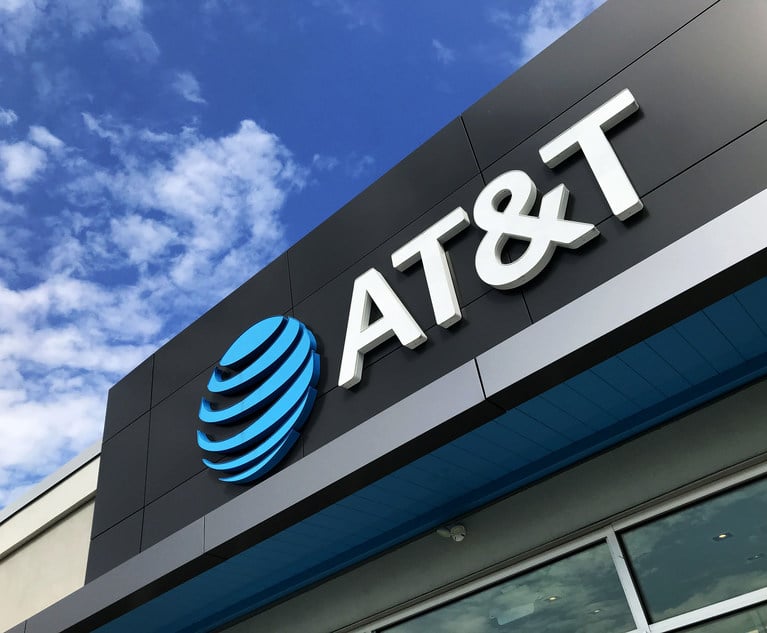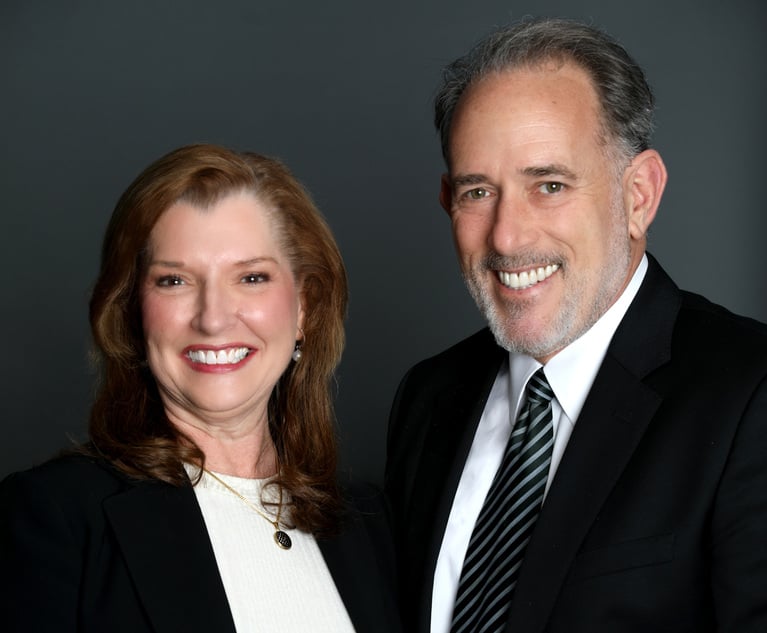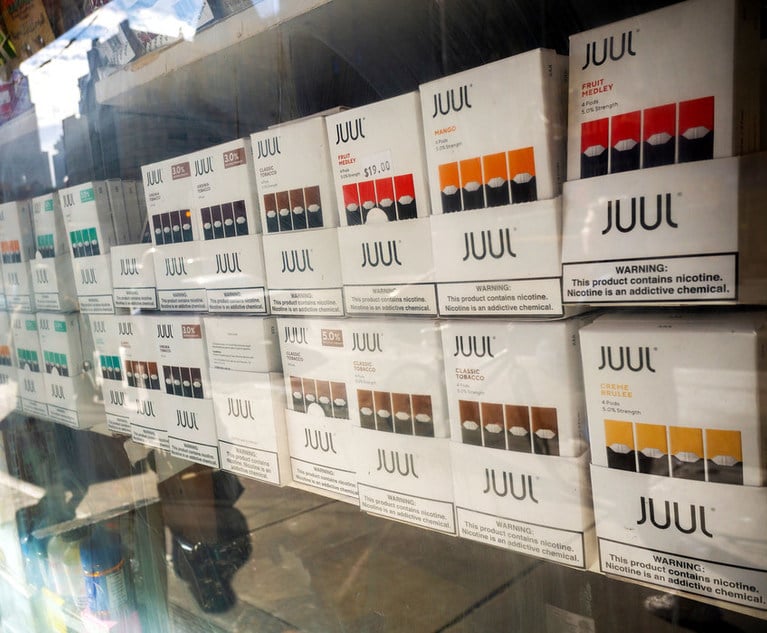Welcome to Critical Mass, Law.com’s weekly briefing for class action and mass tort attorneys. Here’s what’s happening: The Ninth Circuit‘s en banc ruling in In re Hyundai restored nationwide class action settlements…so why is the defense bar cautiously optimistic? Plaintiffs lawyers suing opioid companies remain confident despite Insys’ bankruptcy filing. And find out why children are suing Amazon over Alexa.
Send your feedback to [email protected], or find me on Twitter: @abronstadlaw









